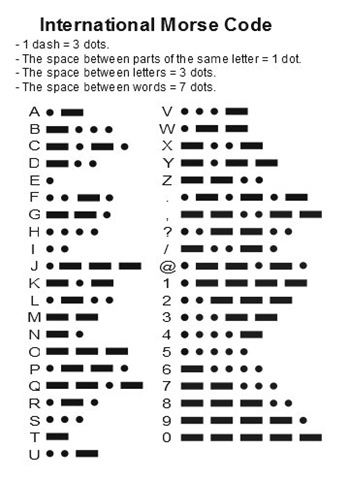My sister is a complete nerd – a total and utter spod. Computer Scientist. “Ah!” you all say, immediately understanding. She tried to explain computers to me once: “it’s ones and zeros Natalie, it’s either right or wrong.” Of course it is, don’t I feel a fool? Thank goodness she cleared that up for me. As far as computers are concerned, rather like my car; I own one; I use one and I know who to call to fix it when it goes wrong. I am sure that the reason my sister does so well with her students is because the subject is so bloody boring that they are bright enough to realise that if they don’t listen to what she is teaching them the first time round there is a very real and present danger that she will repeat it and frankly, life is too short.
About twenty five years ago, and long before the Hollywood spotlight rested briefly upon it, my sister told me about a place called Bletchley Park, which now needs no introduction. My sister had read about it and it has captivated her ever since. She knew about the project to restore Bletchley and has taken her students on trips there to teach them first-hand and also to support the restoration project. She even admitted to standing in the National Museum of Computing getting sweaty palmed and giddy because she was so excited about seeing Collosus. I always listened and made encouraging and supportive noises, all the time making a mental note to intervene and get her some professional help when she was really going over the edge.
Bletchley Park Estate was purchased by the British government in 1938 to house the codebreaking and intelligence work of the Government Code and Cypher School. At its peak, ten thousand people worked there and women outnumbered men three to one. The most famous of these men was Alan Turing, whose treatment after the war was so spectacularly shameful it is hard to comprehend. The names of the majority of people who worked there, women, we will never know. The site changed owners until it was purchased by the Bletchley Park Trust in 1992 whose object is to preserve the site for the nation.
I went to Bletchley Park with my children for the first time today. After fielding a barrage of questions that I was entirely unequipped to answer, I felt confident that a number of these stinkers would be answered by our visit. There is a lot of interactive stuff, which the children enjoyed poking and prodding, ironically taking it all for granted but borne out of the work that took place at Bletchley. It explained to me in short words, but without being patronising, how computers came to be. I went a bit cross-eyed trying to understand some of it, but I have a basic grasp now. Many of the huts have been restored so you can wander around them to see what they were like, to understand the conditions that people worked in and to see what looks like a lot of typewriters, some of them actual typewriters and some of them cipher machines. You can imagine just what it looked like in the war because it wasn’t that different to how it looks today. Spend a few hours there and you can begin to understand the long, often tedious, yet painstaking and vital work that was carried out. In shifts for twenty four hours a day. And my guess is that it was not the sort of job where you knocked off on time – if you were in the middle of something you couldn’t just think to yourself “Ah, I’ll finish that off tomorrow.” Tomorrow the Nazis could have been on the doorstep. The actual doorstep. With tanks.
Let me not overstate it; you are not going to be blown away by all of the bells and whistles, for there really aren’t any because it was all so secret. It’s quiet and understated. You can stand there and feel, not just see, but feel what those people did. And you can see entirely how no one knew it was there except the people who worked there. I am sure that day to day there were gripes and annoyances as everyone who has ever worked with anyone has, but fundamentally, everyone had a job to do and they got on with it because they knew the survival of the nation depended on it. After the war, all of those people went away and never spoke about what they did. Or how they contributed so much to saving us. Can you imagine that happening today? Ten thousand people being asked to keep a national secret for the rest of their lives and it actually happening?
We face an uncertain future in a post Brexit world. The US and North Korea are arguing about who has the biggest nuclear warheads, whilst Syria and its people seem to be being used as the most brutal of testing grounds. If we’re not scared, we damned well should be. I wonder how long it will be before some of us may be asked to do what will be our generation’s equivalent work of Bletchley Park. We all need to know that should that time come, we will try to be as brave and as unconditional as those at Bletchley were. Even though, like them, our names will be forever unknown to history.

